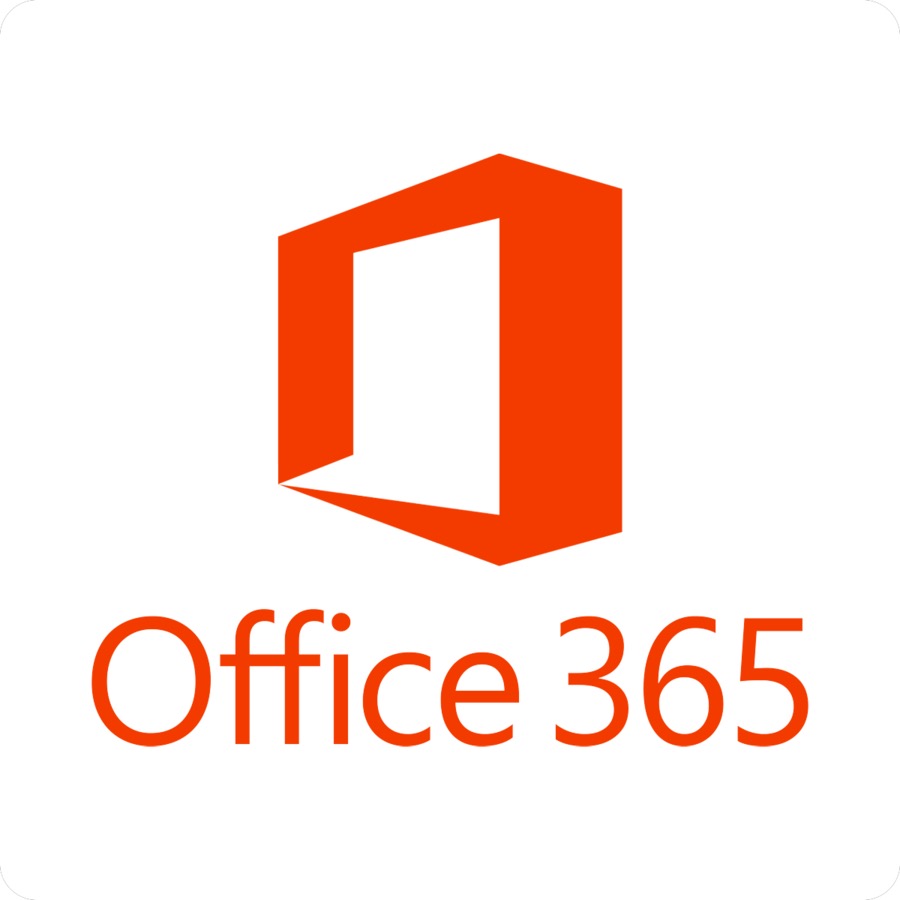
Following Apple's unveiling this week of M1-powered Macs, Microsoft has released a new version of its Mac Office 2019 for Mac that includes support for macOS Big Sur and compatibility with Apple Silicon machines.

This means the latest release of apps including Word, Excel, PowerPoint, Outlook, OneNote, and OneDrive can be installed and run on Apple's latest 13-inch MacBook Air, 13-inch MacBook Pro, and Mac mini using Appel's Rosetta 2 translation layer.
Thanks to Apple's Rosetta 2 translation software, Apple's M1-powered Macs can run x86-64 code that's written for Intel Macs. In contrast to OG Rosetta – the version that allowed PowerPC apps to run on Intel-based Macs – code isn't interpreted in real-time. Instead, the Rosetta 2 translation process happens entirely on first launch, though there is a slight performance hit as the initial x86–64 translation of instructions takes place.
Microsoft's announcement sheds light on how the back-end work manifests to the user when its apps are initially launched:
Microsoft advises users to install the November 2020 release (build 16.43), or later, which includes the latest optimizations for macOS 11 Big Sur. This build will eventually need to be replaced by a version that uses the new Universal 2 binary format that was introduced at 2020 WWDC in June.Are there any performance considerations for running Office under Rosetta 2 translation?
The first launch of each Office app will take longer as the operating system has to generate optimized code for the Apple Silicon processor. Users will notice that the apps 'bounce' in the dock for approximately 20 seconds while this process completes. Subsequent app launches will be fast.
Apple says Rosetta 2 is a temporary solution for developers to make their existing Intel-based programs to run on Arm-based Macs, meaning they will eventually need to create native apps for Apple Silicon machines. Notably, Apple ended support for OG Rosetta three years after its release.
Update: The original article incorrectly referred to this build of Office for Mac as a "Universal build," however that version is reportedly only currently available to users enrolled on Microsoft's "Insider Fast" Beta channel, and is yet to have been given a final release date.
Article Link: Microsoft Releases Office for Mac With Apple Silicon Compatibility, Universal Build Still in Beta [Updated]
Last edited:

